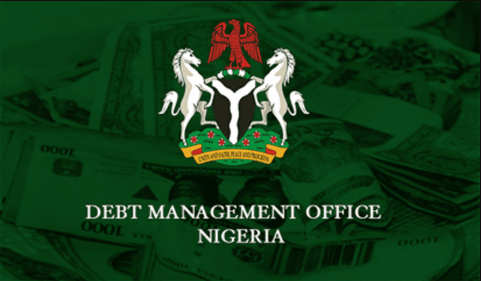Nigeria’s debt increased in 2024 as the Federal Government spent N12.36 trillion paying debts, 35.26% of the total budget of N35.05 trillion.
According to the Fourth Quarter 2024 Budget Implementation Report that was made public, this number was almost 52% more than the authorized debt service allotment of N8.27 trillion by the Federation’s budget department.
With N13.51 trillion, the country’s fiscal shortfall grew in 2024, 47 percent over the predicted deficit of N9.17 trillion. Furthermore, the figure showed a major improvement over the N10.55 trillion shortfall registered in 2023.
The Federal Government relied heavily on borrowing to close the fiscal deficit, drawing N6.06 trillion from domestic sources, N3.37 trillion from foreign loans, and N1.98 trillion from multilateral and bilateral project-tied infrastructure, as well as an extra N3.19 trillion in budget support finance.
The News Chronicle observed that the continuous rise in borrowing has pushed Nigeria’s debt-to-GDP ratio to 61.22 percent as of December 2024, well above the national benchmark of 40 percent and the international threshold of 56 percent for similar economies. This development has sparked fresh concerns among fiscal analysts over the country’s growing dependence on debt financing and the strain it places on revenue performance.
The report noted that total government revenue reached N20.98 trillion at the end of 2024, a 68% rise from the N12.48 trillion recorded the year before. Still, it came up far short of the year’s N25.87 trillion revenue objective.
On expenditures, total spending amounted to N34.49 trillion, just somewhat under the N35.05 trillion estimate but almost 50% greater than the N23.04 trillion reported in 2023. Non-debt recurring costs came to N8.53 trillion, while N5.81 trillion was set aside for capital projects. Ministries, departments, and agencies, however, only consumed N3.27 trillion, which translates to around 82 percent, as of mid-2025.
Economists caution that Nigeria risks deepening its debt cycle and lowering its fiscal room for infrastructure and social investment unless fiscal changes and better revenue collection are given top priority.



